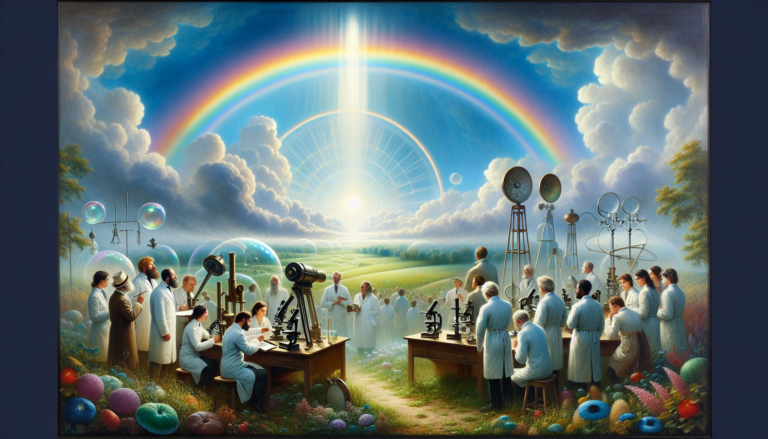Exploring the Symbolism of Sunflowers
Introduction to Sunflowers and Their Symbolism
Sunflowers, known scientifically as Helianthus annuus, are not only renowned for their vibrant beauty and towering growth but also for their rich layers of symbolic meanings across various cultures throughout history. These botanical sun-chasers have a unique disposition towards the sun, following its path from dawn till dusk, which has made them symbols of adoration, loyalty, and longevity.
Historical Significance of Sunflowers
The sunflower’s journey through history is as colorful as its appearance. Originating in North America, sunflowers were cultivated by indigenous tribes approximately 3000 BCE for their usefulness in providing seeds, oil, and pigments. However, the symbolic nature of sunflowers spread extensively with their introduction to other parts of the world.
Indigenous American Culture
For Native Americans, sunflowers were a symbol of harvest and bounty since they provided a rich source of seeds with high nutritional value. The sunflower’s pattern of growth was also spiritually significant, symbolizing solar cycles and the concept of fertility and renewal in nature.
European Interpretations
After sunflowers were brought to Europe in the 16th century, they quickly made their way into artistic and religious contexts. In art, they were often used to symbolize devotion and adoration, reflecting how the flower turns to follow the sun through the sky. This trait led to a strong association with the myth of Clytie and Apollo, where Clytie, a water nymph, transforms into a sunflower after grieving over the loss of her love, Apollo, who is associated with the sun.
Symbolic Meanings in Art and Literature
Artists and writers have long imbued sunflowers with deep meanings, often diverging by creator or cultural perspective. Celebrated Dutch painter Vincent van Gogh famously depicted sunflowers to represent gratitude and profound respect, as seen in his series of sunflower paintings. These artworks are not just reflections on natural beauty but are imbued with personal significance and emotional depth.
Sunflowers in Literary Symbolism
In literature, sunflowers symbolize a range of human emotions and characteristics, including loyalty, positivity, strength, and a quest for light and truth. English poet William Blake used the sunflower as a central symbol in his poem Ah! Sun-flower, where it represents the longing for eternal life and the desire to escape from earthly sorrow.
Cultural and Modern Symbolisms of Sunflowers
The symbolism of sunflowers extends beyond art and historical contexts into their use in modern-day culture and life. Sunflowers signify happiness, optimism, and the arrival of summer in many communities. Their bright, open faces are often associated with warmth, positivity, and joy, making them popular in gardens and floral arrangements worldwide.
Inspirational Symbol
Sunflowers have also become a symbol of environmental awareness and the green energy movement. Their ability to detoxify soil by absorbing pollutants and their efficiency in turning sunlight into energy are qualities that have inspired movements towards a more sustainable and environmentally conscious approach to living.
Concluding Thoughts
In conclusion, sunflowers are more than just visually stunning plants; they possess deep symbolic values that resonate through various aspects of human life and culture. From ancient indigenous symbolism to their representation in art and literature, and their role in modern environmental efforts, sunflowers continue to be a potent symbol of life’s beauty and the pursuit of light.
Pursuing the Dream of Singing: A Guide to Making It Reality
Exploring the Meaning Behind Dreams of Finding Money







